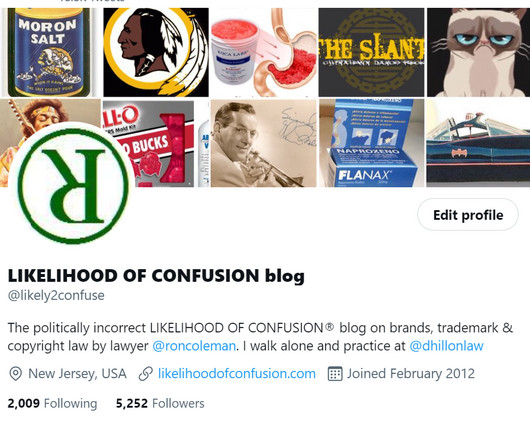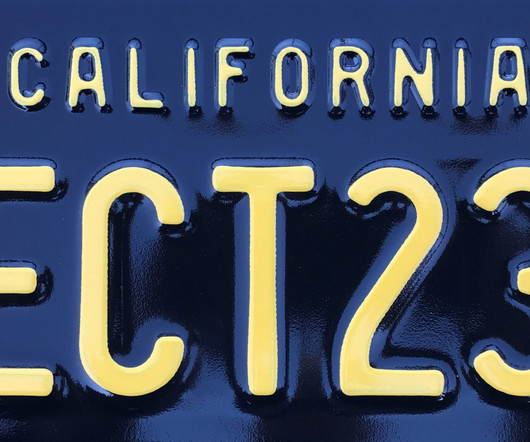Why Justin Trudeau is Wrong About Bill C-18 and Google’s Response to Mandated Payments for Links
Michael Geist
FEBRUARY 25, 2023
“It really surprises me that Google has decided that they would rather prevent Canadians from accessing news than actually paying journalists for the work they do. I think that’s a terrible mistake and I know that Canadians expect journalists to be well paid for the work they do.” Prime Minister Justin Trudeau waded into Bill C-18 and Google removing links to Canadian news articles in search results as part of a test for a small percentage of users yesterday with the quote cited above.















Let's personalize your content